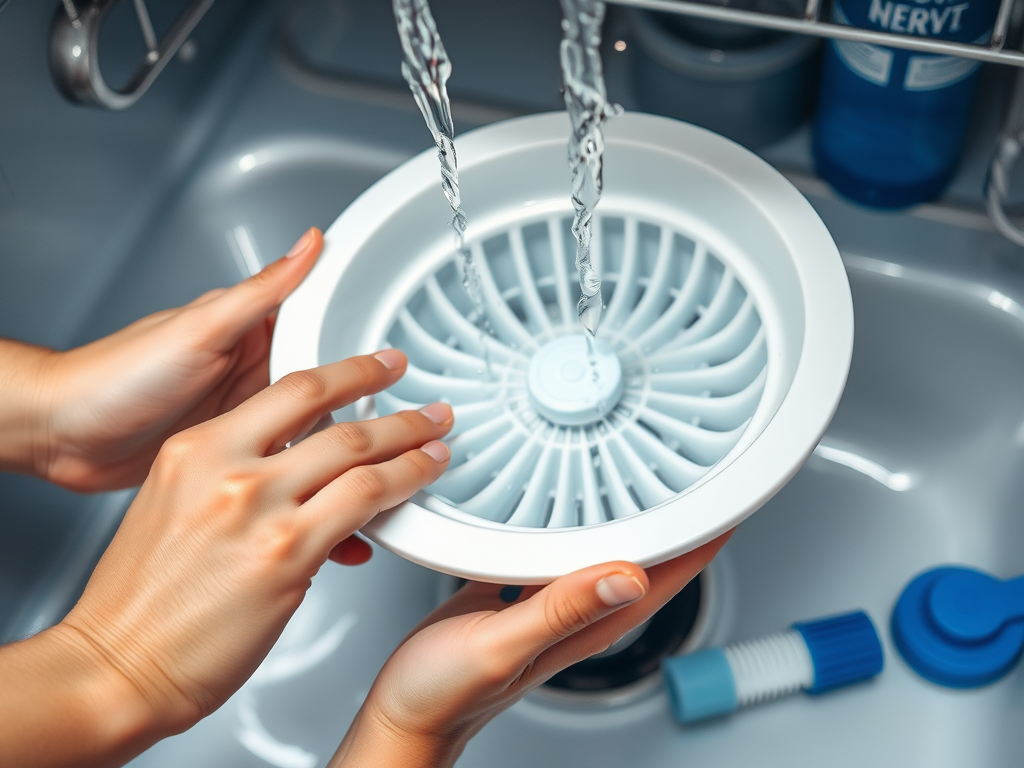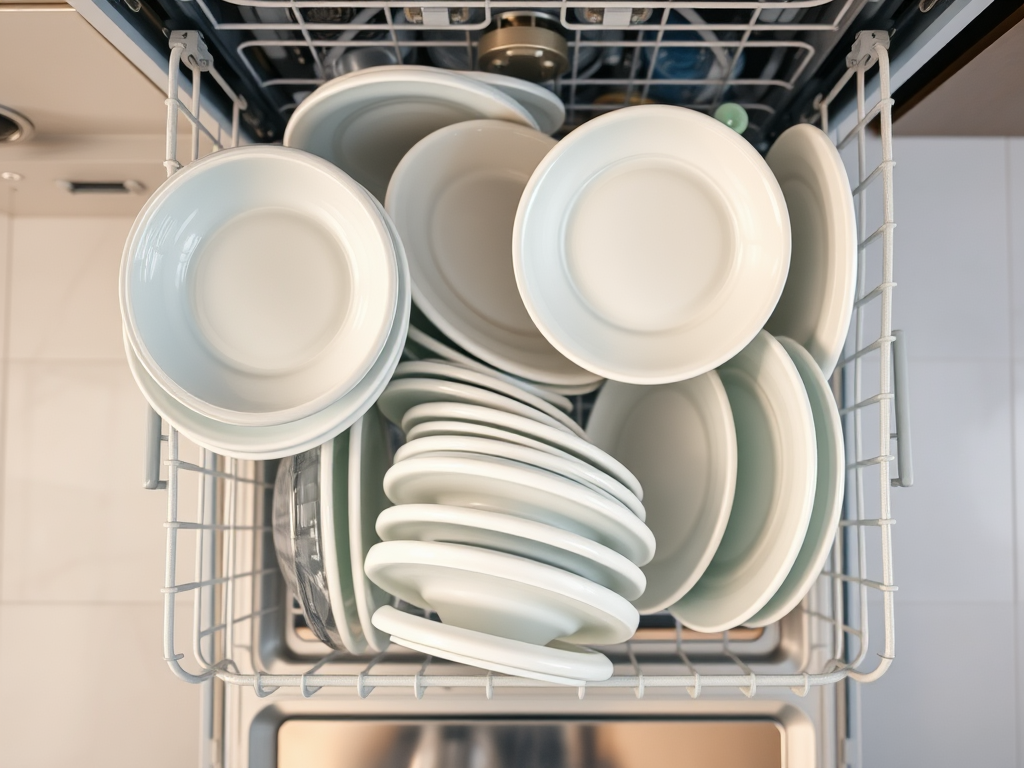Dishwashers are a staple in modern kitchens, revolutionizing the way we clean our dishes and saving us precious time and effort. However, like any appliance, they require a little TLC to function optimally. One of the most critical, yet often overlooked, aspects of dishwasher upkeep is filter maintenance. Proper filter maintenance not only ensures your dishes come out sparkling clean, but it also extends the life of your appliance, boosts energy efficiency, and prevents unpleasant smells. Understanding the myriad benefits that come with regular filter maintenance is essential for any dishwasher owner. Let’s dive into why shifting your focus on this often-neglected component can make a world of difference.
Introduction to Dishwasher Filters

A dishwasher filter acts as a safety net, catching food debris and grease, thereby preventing them from clogging the spray arms. Without a properly functioning filter, food particles can recirculate and end up on your clean dishes. Most modern dishwashers come equipped with self-cleaning filters, but these still require periodic manual cleaning to ensure optimal performance. Regular cleaning maintains effective filtration, safeguarding your dishwasher’s overall functionality. So, what exactly does a dishwasher filter do? Let’s break down its main functions and importance.
Improved Cleaning Efficiency

Regular maintenance of your dishwasher filter leads to better cleaning results. This can be directly attributed to enhanced water flow and spray coverage. When your filter is clean, it allows water to flow freely and reach all surfaces of your dishes, ensuring that every nook and cranny is washed impeccably. On the other hand, a dirty filter restricts water pressure, leading to poor cleaning and leaving food particles on dishes. Hence, maintaining your dishwasher filter can be equated with the maintenance of cleanliness in your kitchen. A little effort here goes a long way.
A clogged dishwasher filter restricts the flow of water, causing two main problems: reduced pressure and incomplete cleaning. With the water pressure diminished, the spray arms may not reach every surface, making it difficult for the dishwasher to perform its function. Furthermore, blocked filters can result in water pooling at the bottom of the dishwasher, creating an unsanitary environment that can lead to mold and bacteria growth. Therefore, to keep your dishwasher performing at its best, regular filter cleaning should not be an optional task but a routine part of your household maintenance.
Prolonged Lifespan of the Dishwasher
Maintaining the filter helps extend the overall lifespan of your dishwasher significantly. Just like any machine, a dishwasher operates best when all its components are in good working condition. When the filter is clean, it minimizes the wear and tear on the dishwasher’s motor and spray arms. This, in turn, reduces the likelihood of malfunctions resulting from clogged components. The long-term financial benefits of this maintenance can be encapsulated in lower repair costs and a greater return on your investment in the appliance.
By preventing blockages and malfunctions through regular maintenance, you can avoid expensive repairs and replacements down the line. The table below summarizes the common repair issues caused by neglected filter maintenance and their associated costs:
| Repair Issue | Estimated Cost |
|---|---|
| Clogged Spray Arm | $100 – $150 |
| Damaged Motor | $200 – $400 |
| Water Leakage | $150 – $300 |
Enhanced Energy Efficiency
A well-maintained dishwasher filter plays a significant role in the energy efficiency of your appliance. When your dishwasher operates effectively, it uses less water and energy, resulting in lower utility bills. Specifically, an optimal flow from the filter can minimize cycle times and decrease overall energy consumption. You’ll find that a clean filter not only translates to pristine dishes but also to smaller monthly utility bills.
Reducing energy and water usage is not just good for your wallet; it’s also beneficial for the environment. By being diligent about filter maintenance, you’re contributing to conservation efforts. Lower energy consumption means less demand on power plants, which results in reduced emissions of greenhouse gases. In a world increasingly focused on sustainability, every small effort counts.
Prevention of Odors and Bacteria Growth
Neglecting filter maintenance can lead to unpleasant odors and a breeding ground for bacteria. Food particles caught in a dirty filter can decompose, creating a foul smell that permeates your kitchen. Regular cleaning helps maintain a fresh and hygienic environment, making your kitchen a more pleasant place to be. There are several tips you can follow to prevent odors, including:
- Regularly clean your dishwasher filter every 1-2 months.
- Run a cleaning cycle with vinegar to refresh your machine.
- Leave the dishwasher door slightly ajar to prevent moisture buildup.
In addition to filter maintenance, investing in quality detergents can also help combat odors, contributing to an overall clean dishwasher environment.
Conclusion
Regular dishwasher filter maintenance is essential for a multitude of reasons: it improves cleaning efficiency, prolongs the lifespan of the appliance, enhances energy efficiency, and prevents odors and bacteria growth. By taking the time to maintain your dishwasher filter, you can enjoy cleaner dishes, save money on utilities, and extend the longevity of your appliance. It’s a simple task that yields impressive results, ensuring that your dishwasher continues to be the reliable workhorse of your kitchen.
Frequently Asked Questions
- How often should I clean my dishwasher filter? It’s recommended to clean your dishwasher filter every 1-2 months, depending on usage.
- What are the signs that my dishwasher filter needs cleaning? Indications include poor cleaning results, strange odors, and visible debris in the filter.
- How do I clean my dishwasher filter? Remove the filter according to your dishwasher’s manual, rinse it under hot water, and scrub gently if needed before reassembling.
- Can I use my dishwasher without a filter? It is not advisable to use a dishwasher without a filter, as this can lead to more significant issues and damage to the appliance.


